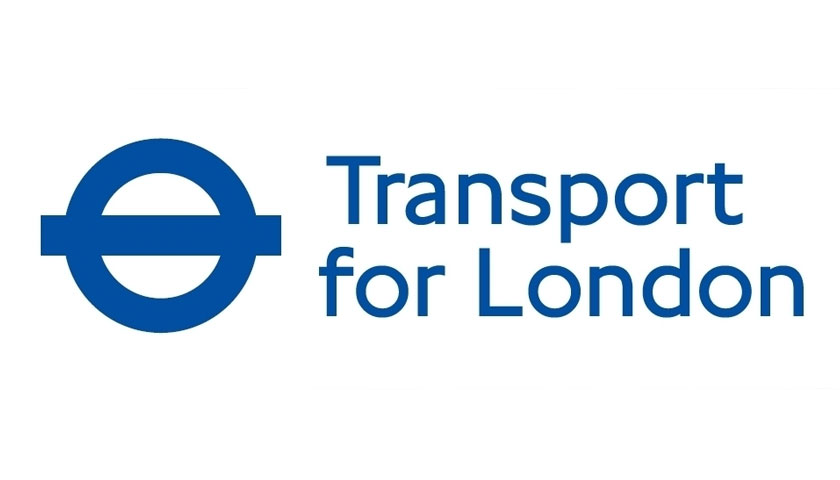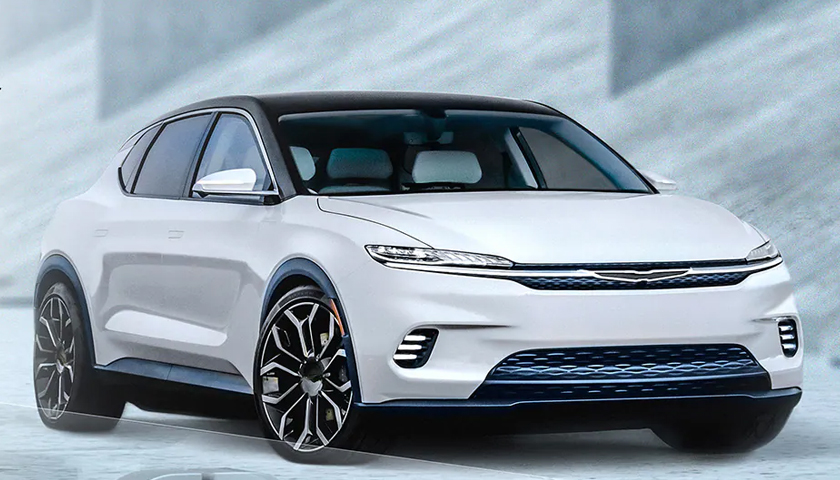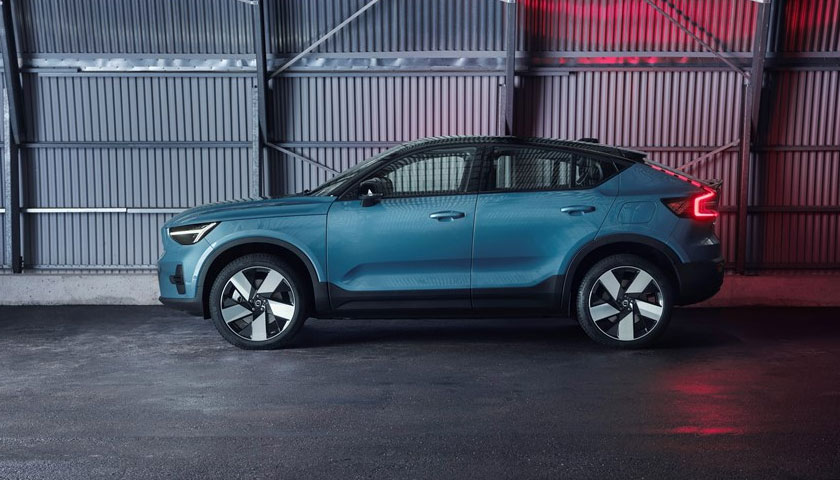The Mayor of London, Sadiq Khan, announced the creation of the largest double-decker electric bus fleet in Europe today, as he brought together city leaders from across England and Wales for a national air quality summit.
The capital’s zero-emission public transport network is to get even larger as the Mayor declared that 68 new electric double-deckers will join the bus fleet in London.
Sadiq revealed that the number of electric double-deck buses in London will increase more than tenfold, and that two routes run by Metroline from Barnet to central London will be exclusively operated by electric double-decker buses.
Transport for London (TfL) has confirmed that the 68 new buses will be added to London’s growing green bus fleet next summer.
The announcement was made as cross-party leaders, representing around 20m people from towns and cities in England and Wales, join together at a historic summit in London to urge the government to tackle the nation’s growing air quality health crisis. The summit, organised by the Mayor of London, UK100 and IPPR, will see city leaders, Members of Parliament and the Environment Secretary Michael Gove discuss plans to improve the country’s air quality.
Poor air quality is estimated to contribute to more than 40,000 premature deaths across the country each year, with emissions from cars and vans estimated to cost £6bn annually to the NHS and society.
At the summit, the city leaders – covering Bradford, Bristol, Cardiff, Greater Manchester, Leeds, Leicester, Liverpool, London, Newcastle, Oxford, Sheffield, Southampton and the West Midlands – will underline their commitment to reduce emissions and tackle pollution as they set out a list of joint priorities for the government and vow to work together as a new air quality network of cities.
The call to government includes a modern Clean Air Act with tighter pollution limits and new powers, a targeted national vehicle renewal scheme, an enhanced Clean Air Fund to support local action, and support for UK businesses to enable Britain to be a global leader in manufacturing low-emission vehicles.
Many cities, including London, are also calling on the Government to adopt 2030 as the date by when sales of new pure diesel and petrol cars and vans would be phased out. This is 10 years ahead of the current Government commitment of 2040.
The Mayor of London, Sadiq Khan, said: “Today’s summit is a historic moment for the country. Leaders from across England and Wales have never met in such numbers to tackle our nation’s toxic air quality. It shows how serious our problem is and how committed we are to tackling it.
“In London we’re helping to lead the way with my Ultra Low Emission Zone, and I’m delighted to be able to announce a Europe-leading new fleet of electric double-decker buses too. We’re doing all we can to improve our air quality and we need the government to match our ambition to solve this national health crisis.”
Next year, TfL aims to have 240 electric buses running on the network and for all new double-deck buses to be zero-emissions or hybrid, with every single-deck bus in central London to be zero-emission by the following year. Ultimately, by 2037 all buses in London will be zero-emission.
Claire Mann, TfL’s Director of Bus Operations, said: “We’re committed to reducing emissions from London’s buses and making routes 43 and 134 exclusively electric is an important step to a zero-emission fleet. Buses are crucial to reduce Londoners’ reliance on cars, and with this landmark order it means the largest pure electric double-deck bus fleet in Europe will help reduce emissions across the capital. Electric buses are good for air quality and improve the customer experience, with less noise and fewer vibrations, all creating a more comfortable journey.”
Under Sadiq, London is leading the way in cleaning up its air quality. Earlier this month, Sadiq confirmed that the capital’s Ultra-Low Emission Zone will be expanded up to the North and South Circular boundary in 2021.
Strict emission standards will also apply to buses, coaches and lorries across the whole of London from 26 October 2020. Both schemes will lead to emission reductions across London and more than 100,000 residents no longer living in areas exceeding legal air quality limits in 2021.



